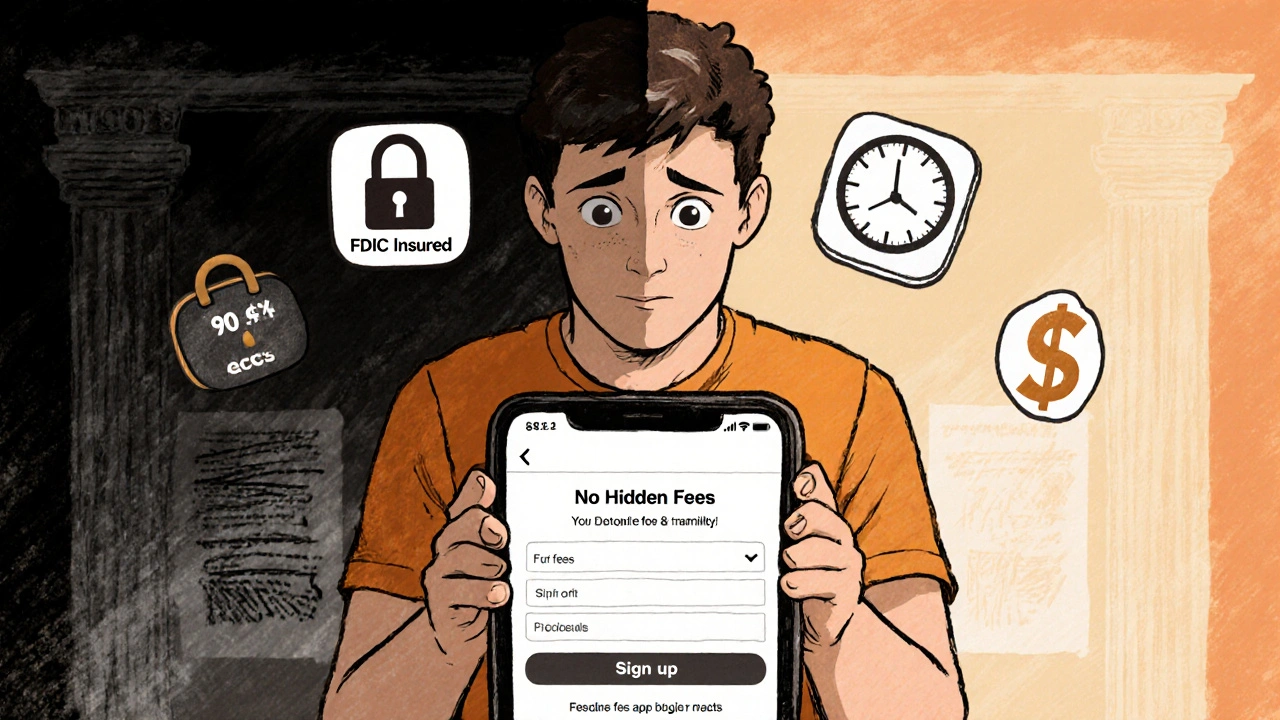Fintech Referral Programs: How to Earn Cash and Rewards by Sharing Tools You Love
When you sign up for a fintech referral program, a system where fintech companies reward users for bringing in new customers. Also known as customer referral incentives, it’s not just a perk—it’s a way to turn your everyday financial tools into passive income streams. Companies like Robinhood, Cash App, and Chime don’t give these rewards out of generosity. They’re paying you to solve their biggest problem: getting new users without spending millions on ads. And the best part? You don’t need to be a marketer or have a huge following. Just use the apps you already like—and tell someone who could use them too.
Fintech referral programs rely on three key pieces: referral rewards, the cash, stock, or credits you earn when someone signs up using your link, fintech apps, the platforms offering the deals—from budgeting tools to crypto exchanges, and cash incentives, the actual money or value you receive, often $5 to $200 per successful referral. These aren’t gimmicks. They’re structured, tracked, and sometimes even audited. Many programs require the person you refer to deposit money or complete a trade before you get paid. That’s not a loophole—it’s how these companies make sure they’re acquiring real users, not just people signing up for free coffee.
Some programs pay you instantly. Others hold your reward until the new user stays active for 30 days. A few even give you recurring payouts if your referral keeps using the app. That’s where the real value kicks in. Think of it like earning royalties from a tool you helped spread. You’re not just sharing a link—you’re building a small, self-sustaining income stream. And because these programs are tied to apps you’re already using, there’s zero extra work. No cold calls. No social media posts. Just a simple message to a friend who’s tired of bank fees or wants to start investing.
But not all referrals are created equal. Some apps have caps—$100 total, no matter how many people you bring in. Others have blackout periods or exclude certain states. A few even require you to have a minimum balance before you can cash out. That’s why it pays to know the rules before you share. Look for programs with no strings attached: clear terms, no expiration dates, and payouts you can actually withdraw. Avoid anything that asks for your social security number or bank login just to claim a $10 bonus. If it feels sketchy, it probably is.
The real win? You’re not just getting paid—you’re helping people avoid costly financial mistakes. When you refer someone to a low-fee robo-advisor or a budgeting app that actually works, you’re giving them a better shot at building wealth. That’s the quiet power of fintech referral programs: they turn everyday users into advocates, and advocates into earners. And in a world where financial advice is often expensive or confusing, that’s worth more than the cash in your wallet.
Below, you’ll find real examples of how these programs work, which ones actually pay out, and the hidden tricks top users know about. No fluff. No hype. Just the facts you need to start earning from the apps you already use.
Fintech Marketing Strategies for Customer Acquisition: Proven Tactics That Work in 2025
Learn proven fintech customer acquisition strategies for 2025 that build trust, reduce costs, and convert users-backed by real data on referral programs, personalization, and compliance.
View More